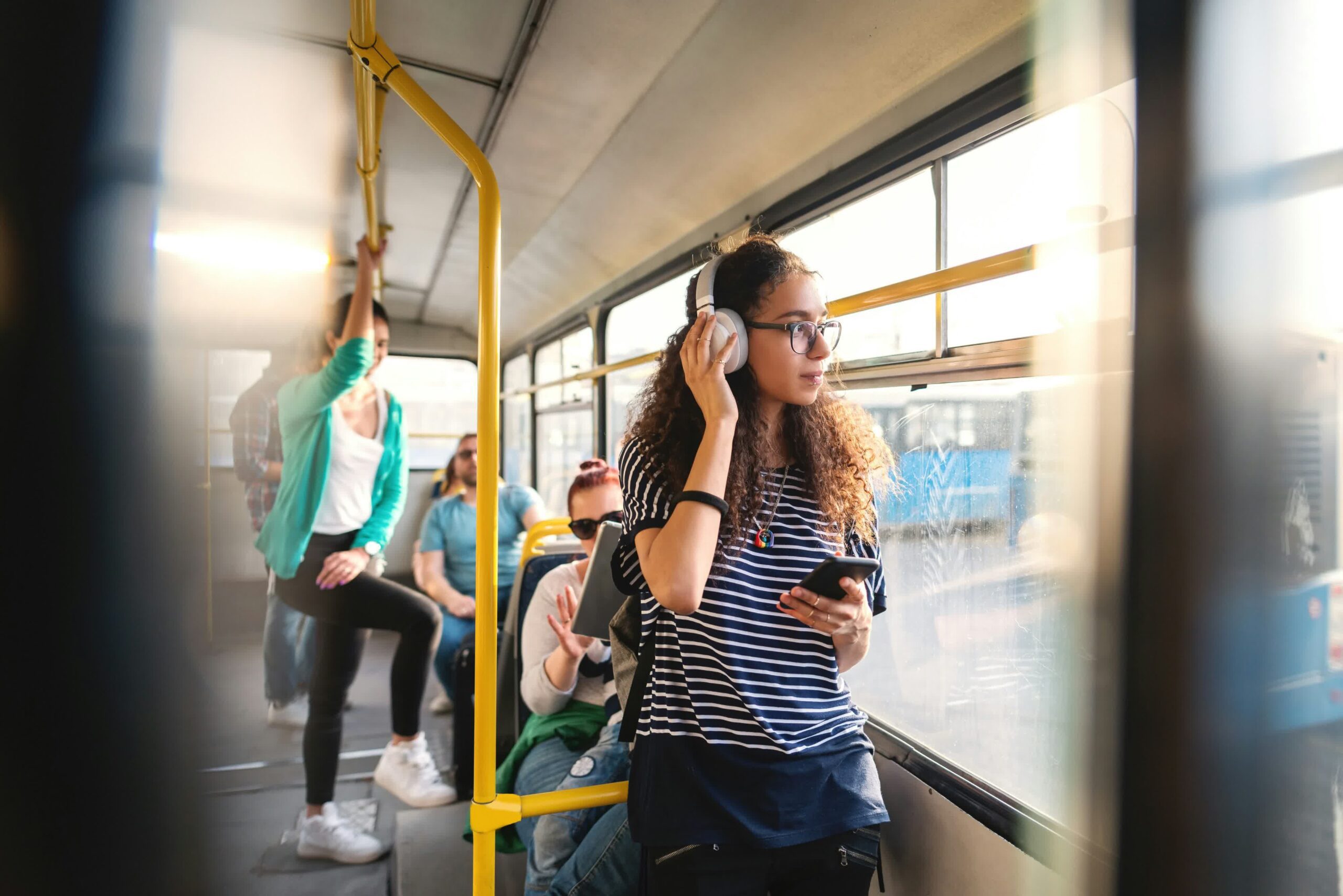
Importance of the Issue: In today’s increasingly loud environment, many individuals seek refuge in noise-canceling headphones to block out distractions. However, some audiologists express concerns that the frequent use of these devices may adversely affect the brain’s capacity to effectively process sounds.
The core of the issue lies in a condition known as auditory processing disorder (APD). Individuals with APD experience challenges in interpreting sounds and speech, despite having normal hearing abilities. Those affected often find it hard to pinpoint sound sources or concentrate on specific voices amidst background noise.
APD is commonly associated with factors like brain injuries, ear infections, and neurodiversity. Yet, audiologists in England reported to the BBC a troubling rise in APD cases among younger individuals that don’t appear to stem from these usual risk factors. They propose that the overuse of noise-canceling headphones could be stunting proper auditory development.
An example is 25-year-old Sophie, an administrative assistant diagnosed with APD last year due to her difficulties in understanding speech. Her audiologist suspects that her routine of wearing noise-canceling headphones for up to five hours daily may have contributed to her condition. Without subtitles, she often found lectures and speeches unintelligible, resembling “gibberish.”
Claire Benton, Vice President of the British Academy of Audiology, highlighted that isolating oneself from ambient noise during critical developmental years can impede the growth of complex listening skills. In essence, if individuals only hear music or podcasts, their brains might forget how to filter out irrelevant background sounds.
“The development of higher-level listening abilities typically finishes around the late teenage years,” she noted.
The BBC reports that numerous NHS audiology departments are witnessing an uptick in referrals for hearing issues among youth, only to find their hearing abilities are intact. The underlying challenge? Their cognitive processing of noise is impaired.
Sadly, resources for assessing and treating APD in England’s public health system are extremely constrained. Currently, only one NHS provider offers comprehensive diagnostic assessments, and there’s a waiting period of around nine months. This backlog is partly due to the extensive nature of APD evaluations, which can take over two hours, along with additional cognitive testing.
Should you stop using your noise-canceling headphones? Not necessarily. Noise cancellation remains crucial in protecting against hearing loss caused by sustained exposure to loud sounds. The report particularly notes the dangers of excessive use of these devices among youth, especially teenagers, who are still honing their advanced listening skills.
Audiologists stress the importance of balance; it’s vital for young people to regularly experience natural, unfiltered environments to sustain effective sound-filtering capabilities.










